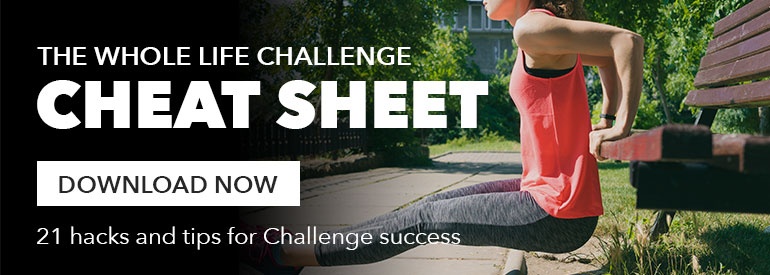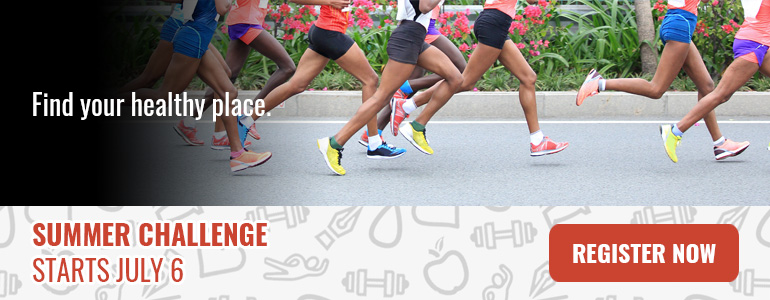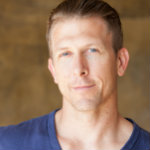 Reading Time: 3 minutes
Reading Time: 3 minutesRead for Your Well-Being for 10 Minutes Every Day
Simple Instructions:
- Each day spend at least ten minutes reading something related to what you are learning or practicing in the Whole Life Challenge.
- You can choose a single book and read it all week, or you can choose several shorter pieces and read something different every day. If you need some suggestions, there is a list of books and articles at the end of this post.
Watch this video for an explanation of this Lifestyle Practice from Whole Life Challenge co-founders Andy Petranek and Michael Stanwyck.
Why Is This Practice Important?
In the age of information, it has become much easier just to “take someone’s word for it.” There are a lot of opinions available, and where it used to be natural to assume someone in print or on air had real expertise, our brains may not have adjusted to the fact than anyone who wants to can now make their voice heard.
Need a workout or nutrition plan? Google it. Want some advice on being a mom or a writer? There’s a blog for that. In an age of so much information, where sources are dubious and points-of-view are plenty, it becomes more important that we know how to educate ourselves.
Taking time to learn the facts is one of the best ways to get the results you want. There is a lot of good, reliable information on the “whys” and “why nots” of just about everything. The more curious you become about the questions you have, the easier it becomes to sort the facts from the fictions. Reading up on a subject is a great way to help make choices — it’s one of the best ways to decide if what you’re doing is really for you.
Suggested Books for Your Daily Reading:
The Omnivore’s Dilemma by Michael Pollan: A look at how and why we eat both culturally and biologically
Zen Mind, Beginner’s Mind by Shunryu Suzuki: Simple talks about everyday meditation practice
Mindset by Carol Dweck: Success and failure is a difference of how you approach learning
The Power of Habit by Charles Duhig: How habits form and how to use them to affect your own life
The Life Changing Magic of Tidying Up by Marie Kondo: The why and how of keeping things tidy
Radical Acceptance by Tara Brach: Using Zen Buddhist practices in everyday life in dealing with others
Better Than Before by Gretchen Rubin: Figure out which action-taker you are and use it to your advantage
Authentic Success by Robert Holden: A spiritual and emotional approach to real success in your life
Willpower by Roy F Baumeister: Understanding this limited resource and how to use it for what you want
The 4-Hour Body by Tim Ferriss: A no-nonsense and highly informative approach to the body and fitness
The Relationship Handbook by George Pransky: Build (or re-build) a loving relationship with your spouse
The Untethered Soul by Michael A. Singer: Dwell in the present moment and let go of painful thoughts
Your Body’s Many Cries for Water by F. Batmanghelidj: Learn about the ways your body uses water
Nourishing Traditions by Sally Fallon & Mary Enig: A well-researched guide to the value of traditional foods
Suggested Articles:
- Want to Be More Productive? Don’t Go Paperless
- The Sugar Conspiracy
- Is It Time to Table Farm-to-Table?
- How to Remineralize Teeth Naturally and Reverse Tooth Decay
There are a lot of great books and articles on all of the 7 Daily Habits. As you find them, please share them in our private Facebook group!








